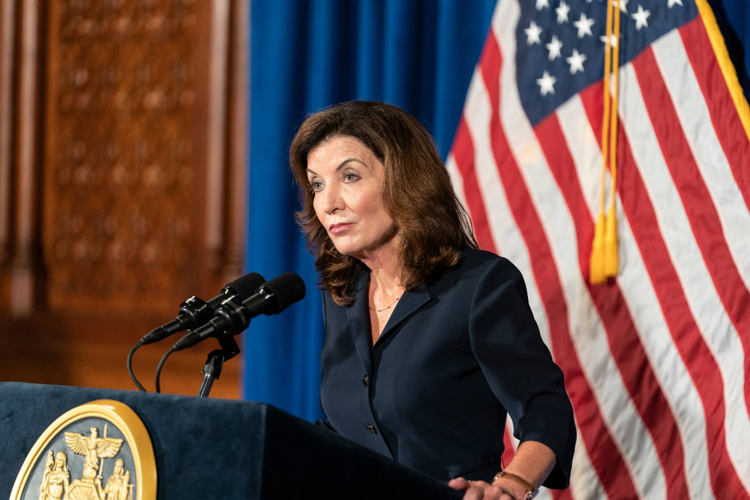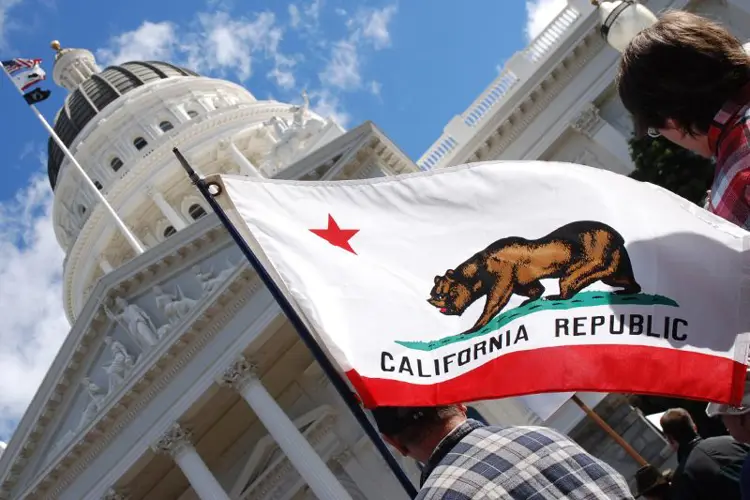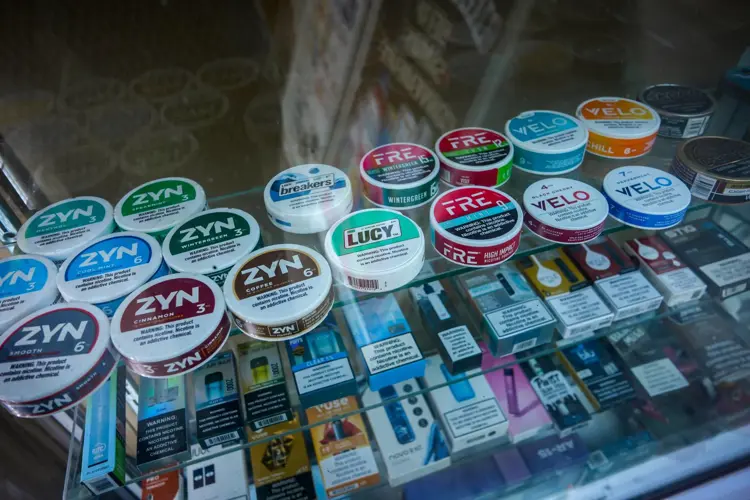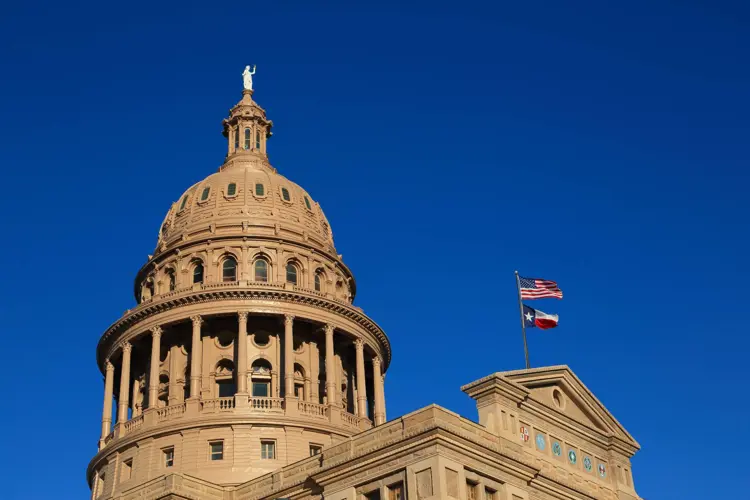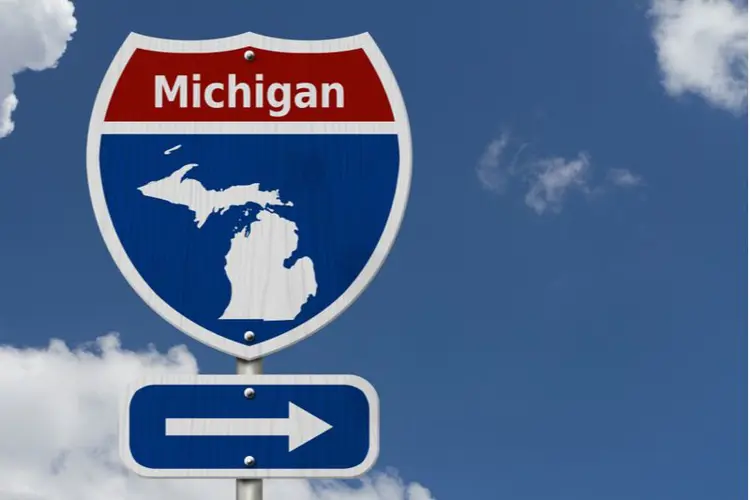On July 14, a joint public health committee of the Massachusetts State House and Senate will hear testimony about two proposed bills that would, if passed, create a so-called nicotine-free generation.
The nicotine-free generation (NFG) law would create a slow-moving prohibition. The state would raise the legal age to purchase by one year every year, so eventually—decades in the future—nicotine product sales are fully outlawed.
While the idea may seem unlikely to have support beyond the extremist fringe of tobacco control, it is in fact already gaining traction around the world—and nowhere more than in Massachusetts.
The Massachusetts bills would ban all consumer nicotine products
The Massachusetts bills—H 2562 and S 1568—are identical and simple. Both would make it illegal to sell any commercial nicotine product to people born on or after Jan. 1, 2006. That includes all combustible and oral tobacco, but also vapes and nicotine pouches.
The bills would also, inexplicably, ban vaping products that don’t contain nicotine. They would not ban nicotine replacement therapy (NRT) products approved by the FDA drug office.
Penalties for retailers violating the law would be the same as current penalties for selling to people under age 21.
Unlike other kinds of tobacco or vape bans, a generational ban allows some adults to legally buy tobacco or vapes while others are not allowed to buy them. A 19-year-old born on Dec. 31, 2005, would always be able to legally buy vaping products in Massachusetts, but a 19-year-old born a day later, on Jan. 1, 2006, would always be prohibited from buying the same products—even when both are 60-years-old.
The problem, of course, is that banning popular products simply doesn’t work. It will lead to spotty enforcement, unregulated black markets, crime, and a lack of respect for law in general. Additionally, enforcing a movable age restriction would be a nightmare for retailers, especially once the age cutoff restricts adults far-removed from adolescense from buying products legal to their peers just days older.
The Massachusetts hearing is scheduled for July 14, from 1:00 to 5:00 p.m. in State House Hearing Room A1. Testimony can be made in person or virtually (the deadline to register for virtual testimony is today, July 10). Written testimony will be accepted both before and after the hearing (instructions can be found at the page linked above).
Nicotine-free vs. smokefree or tobacco-free generational bans
The idea of a generational tobacco ban isn’t new. The idea was first proposed in Singapore in 2012 where it was called the tobacco-free generation. Lawmakers in Singapore still haven’t passed a law, but a tobacco control group called Tobacco Free Generation International is headquartered there.
The distinction between smokefree generation or tobacco-free generation laws and the proposed nicotine-free generation bills in Massachusetts is that Massachusetts lawmakers seek a ban on all nicotine products, whereas the other proposed laws are focused only on actual tobacco products like cigarettes, cigars and oral tobacco.
New Zealand became the first country to pass a generational ban in 2022—although the New Zealand version did not include a ban on vapes. The law, which was scheduled to take effect in 2024, was scuttled after Prime Minister Jacinda Ardern’s Labour Party lost its majority in the 2023 general election.
The United Kingdom is currently close to passing a smokefree generation law as part of the Tobacco and Vapes Bill, which was first proposed in 2023 by Conservative Prime Minister Rishi Sunak, and carried through by the current Labour Party government. The UK seems likely to become the first country to pass such a law. The proposed UK law would not ban vapes or nicotine pouches.
Nicotine-free generation laws are not new in Massachusetts
While NFG laws were introduced by state legislators in Hawaii and Indiana in 2025, they gained no traction. Massachusetts is a much more likely state to seriously consider passing the first statewide generational ban, because of its history of adopting harsh anti-tobacco and vaping laws. For example, Massachusetts in 2019 became the first state to pass a flavored vape ban.
Perhaps more to the point, nicotine-free generation laws have already been passed in over a dozen Massachusetts cities.
The trend began with the city of Brookline, which borders Boston. The city’s Town Meeting passed the law in 2020, and after approval by then-Attorney General Maura Healey, it took effect in 2021. A lawsuit challenging the NFG law was dismissed by a superior court in 2022, and that ruling was upheld by the state’s Supreme Court in 2024.
The tobacco control group Action on Smoking and Health (ASH) issued a press release calling the ruling “a watershed moment in the history of the tobacco wars.”
ASH might not be wrong. Most tobacco control strategies—smoking bans in indoor spaces, and flavored vape bans, for example—have found support at the local level before expanding to become statewide proposals. If Massachusetts were to pass a generational nicotine ban, and if that law were to withstand legal challenges, the concept would probably spread rapidly to other states.
The Freemax REXA PRO and REXA SMART are highly advanced pod vapes, offering seemingly endless features, beautiful touchscreens, and new DUOMAX pods.
The OXVA XLIM Pro 2 DNA is powered by a custom-made Evolv DNA chipset, offering a Replay function and dry hit protection. Read our review to find out more.
The SKE Bar is a 2 mL replaceable pod vape with a 500 mAh battery, a 1.2-ohm mesh coil, and 35 flavors to choose from in 2% nicotine.
Because of declining cigarette sales, state governments in the U.S. and countries around the world are looking to vapor products as a new source of tax revenue.
The legal age to buy e-cigarettes and other vaping products varies around the world. The United States recently changed the legal minimum sales age to 21.
A list of vaping product flavor bans and online sales bans in the United States, and sales and possession bans in other countries.







